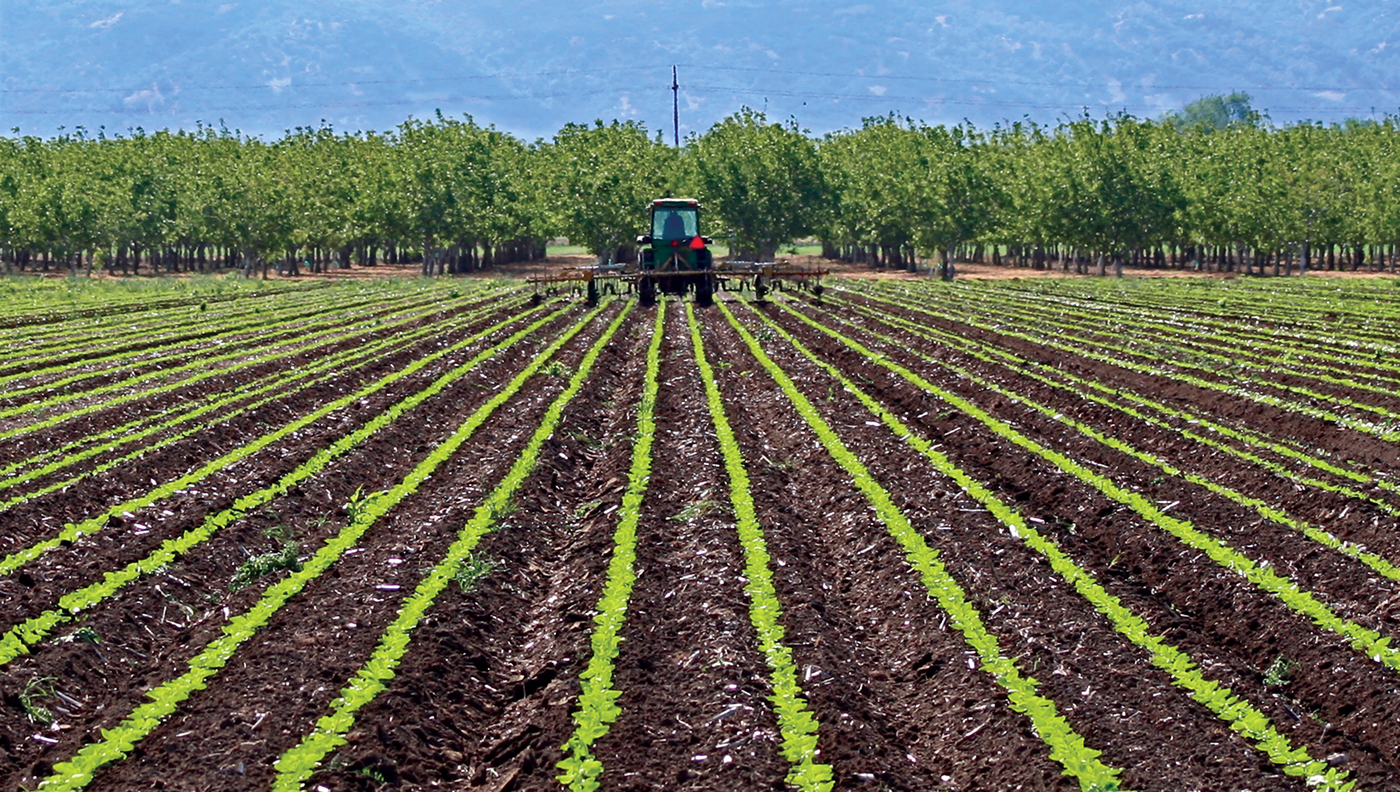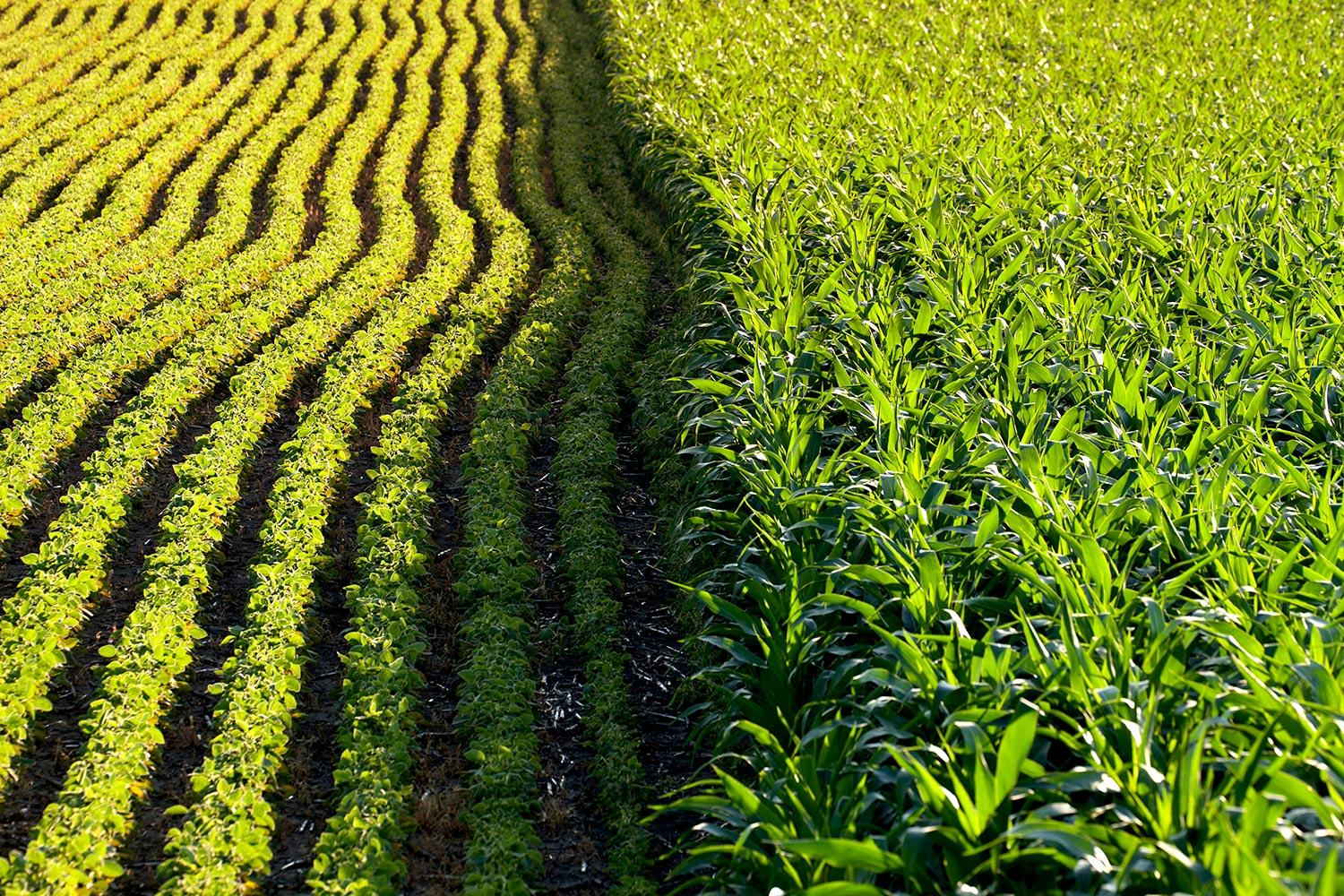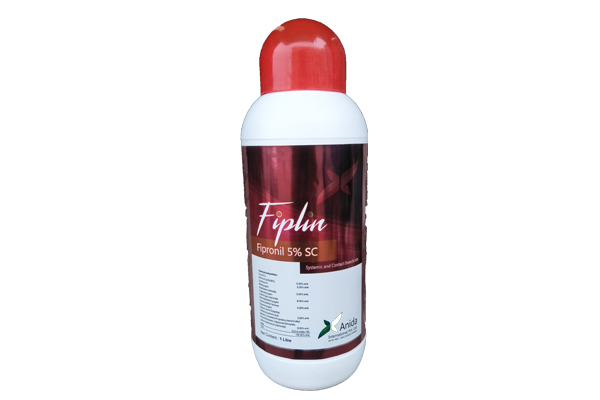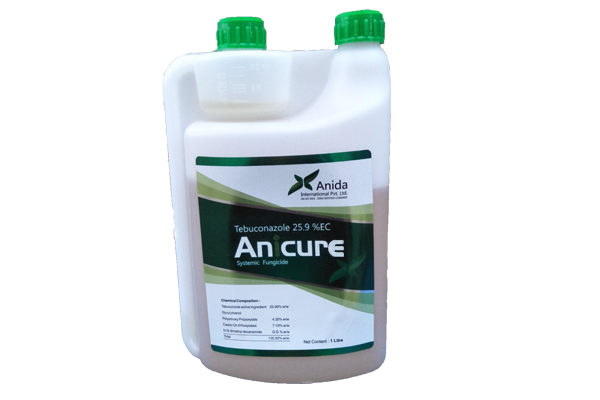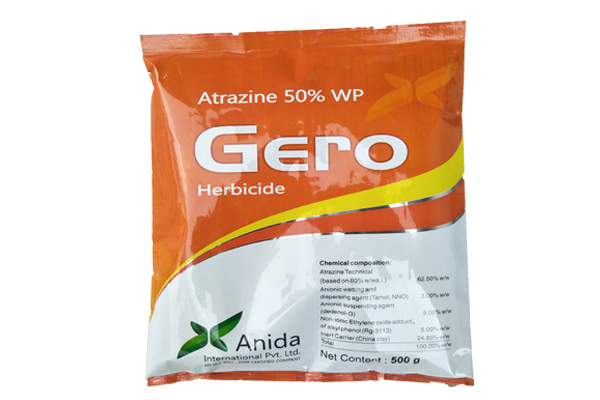Herbicides
Weed is a plant considered undesirable, unattractive or troublesome, especially growing where it is not required. These unwanted plants grow in the fields where they compete with the crop for water, soil nutrients, light and space, interfere with irrigation and harvesting operations and finally reduce the crop yields. Weeds also cause several diseases in human beings and animals. They also harbor insects, pests and diseases. Weeds don’t allow crop to grow to its potential as most of the nutrients are taken by them affecting the yield.
Weed management through use of herbicides is gaining popularity due to several reasons, one of which is non-availability of agriculture labour. Any chemical that kills the plants or inhibits their growth is known as a herbicide.
Fungicides
Seed is the mother of the plant. Healthy seeds will produce a healthy plant and vice versa. On the seed surface and inside the seeds of field crops and vegetables, a number of disease causing pathogen are present. These micro-organisms are present in soil also and cause diseases. These seed and soil borne diseases may destroy the seeds affecting its germination and also infest the growing seedlings and the plants, resulting in poor plant population and unhealthy crop and finally reduced yield. Hence, to get a healthy crop, the seed should be treated with seed treatment chemicals as per recommendation of the scientists/government.
The seed treatment concept in India is still at infant stage. It is a common practice amongst farmers to use their own seeds and largely without any seed treatment.
Insecticides
Insecticides are chemicals that control insects. Similarly, the chemicals used to control mites (Acarina) are called as Acaricides or miticides.
Insects cause damage to the crops by sucking the plant sap or chewing leaves, stems, by defoliating the plant and by boring the stem, flowers and fruits, resulting in significant reduction in crop yields. In order to control different types of insect pests, the recommended insecticides and dose by the SAUs / ICAR Institutes based on the type of insects and their nature of damage should be adopted.
The crops are also attacked by different types of mites e.g. red mite, yellow mite etc., which sucks the cell sap from the leaves, resulting weakening of the plant, dropping of flowers and fruits and finally reduction in crop yields.
Plant Growth Regulators
In order to have optimum plant growth and production, it is essential that all the essential major nutrients (nitrogen, phosphorus, potassium, calcium, magnesium and sulphur) and micro nutrients (iron, manganese, zinc, copper, molybdenum, cobalt and chlorine) are available to the plants in required quantity. The availability of plant nutrients depends on the type of soil and also biotic and abiotic stresses. In addition different enzymes like Gibbrellins, Cytokinins, Oxyzines also contribute to plant growth and yield.
Anida is also manufacturing/marketing Plant Growth Promoters which help plants to have better intake of fertilizers, have better water retention, better root development and improve overall health of the plant..
Value
Accountability
Integrity
Transparency
Trust
Team Spirit
Market Leading Products
Cyprox – Cypermethrin 25 ec
Cyprox - Cypermethrin 25 ec - Insecticide [...]
Chlormit – Chlorpyrifos 20 ec
Chlormit - Chlorpyrifos 20 ec - Insecticide [...]
Chlormit-50 -Chlorpyrifos 50 ec
Chlormit-50 -Chlorpyrifos 50 ec - Insecticide [...]
Aseta – Acetamiprid 20 sp
Aseta - Acetamiprid 20 sp - Insecticide [...]
Antap-G-Cartap Hydrochloride 4 gr
Antap-G-Cartap Hydrochloride 4 gr -insecticide
Angor – Dimethoate 30 ec
Angor - Dimethoate 30 ec - Insecticide [...]
Andox Super- Imidacloprid 30.5 sc
Andox Super- Imidacloprid 30.5 sc- Insecticide [...]
Andox Plus – Imidacloprid 70 wg
Andox Plus - Imidacloprid 70 wg [...]

